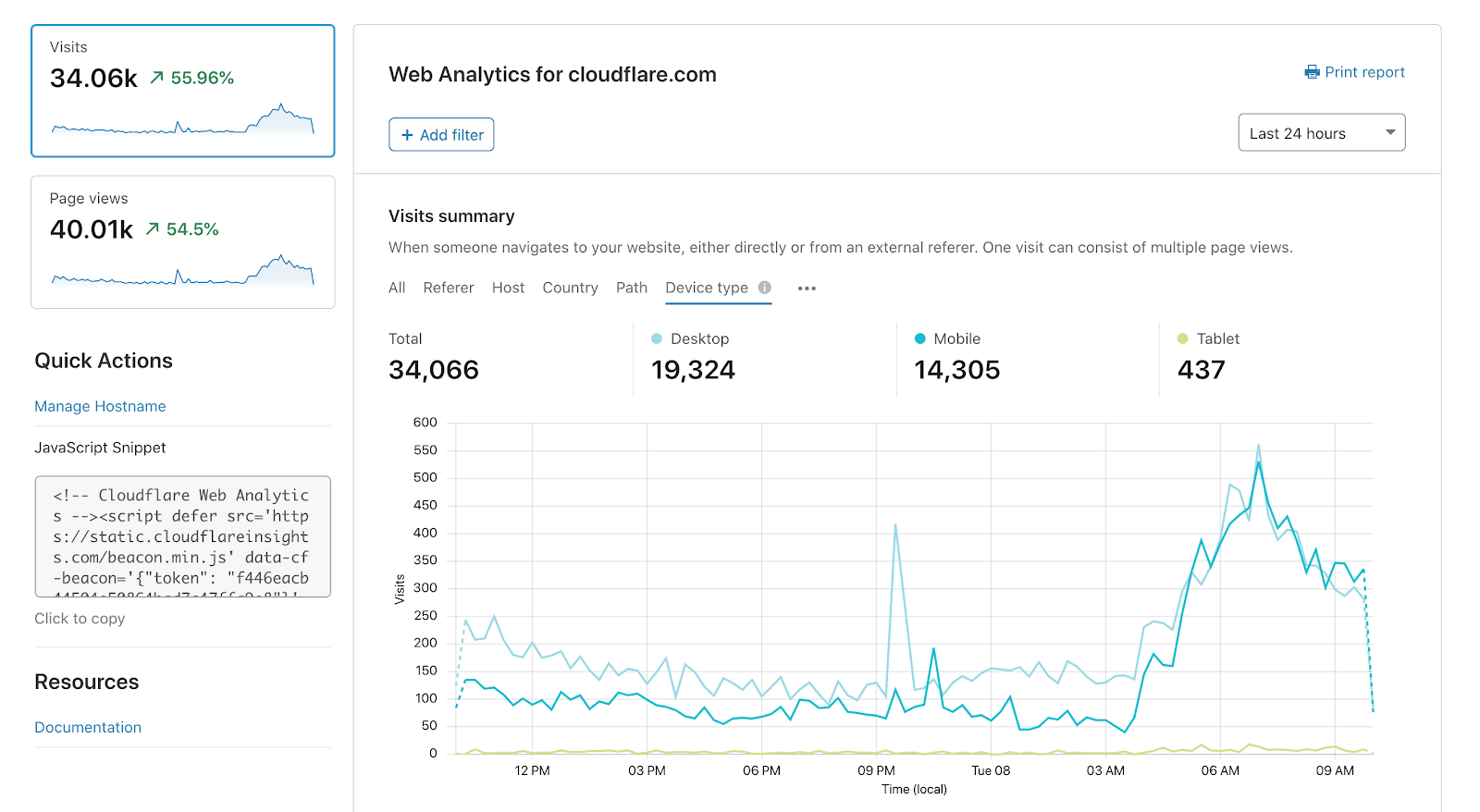Blogging With Links and Guests
Links and guests
Writing a guest post for a blog in an industry-related website is not as easy as it seems. Of course, it is possible to attract guests by providing useful information, but there is also a certain art to writing a guest post. It should be relatively simple for a visitor to take your posts seriously and start to consider linking back to your site. The following advice will hopefully prove helpful.
First, when you write a guest post, make sure you state that your site is a resource for links. Don’t simply mention links in your post, or even link to your site. A better approach is to state the purpose of your posts in the first line of the text.
Second, when you write a guest post, make sure you take the time to research the topic. Search engines love fresh content and new sites, and they want to see that your site has relevant information on it. So spend some time searching for sites that are related to your topic and link to you. Guest authors are much more likely to stick around if other sites consider them to be a good resource for links.

Third, never use blank tags for links and always state where you stand with your site. If a guest article is posted on a blog with only tags, it doesn’t look as professional. And visitors will notice! Never include links to your site in the body of text. Place them at the end or in the reader (if you use one). This makes you look like you don’t know what you’re talking about and visitors will move on quickly.
Finally, make sure you leave a comment with your links and guests. Leave your link in the post and then put a comment to let them know that you enjoyed reading their post and look forward to future exchanges. You want to give your links and guests credibility, so leaving comments after you have done so shows you are serious about building your blog’s reputation.
Links and guest blogging go hand in hand with other SEO strategies including using meta tags and sitemaps. But links alone won’t get your blog’s site to the top of the search engine rankings. This takes time, effort, and a good deal of the SEO strategy in order to be successful. But if you put in the work, it will pay off.





Leave a Reply